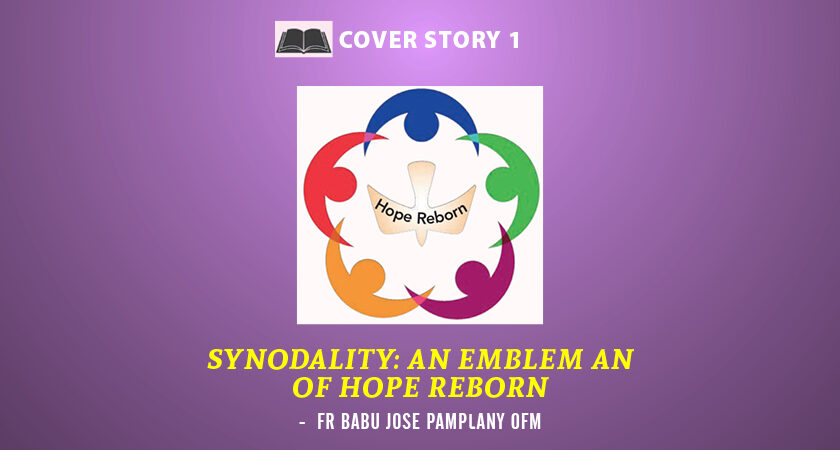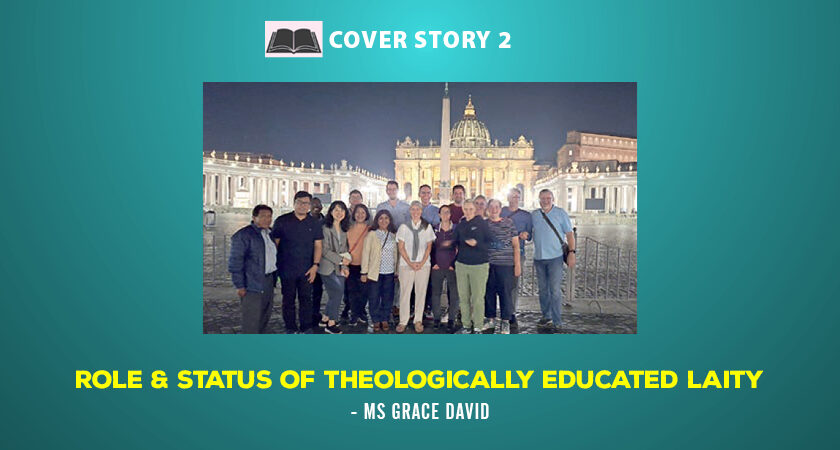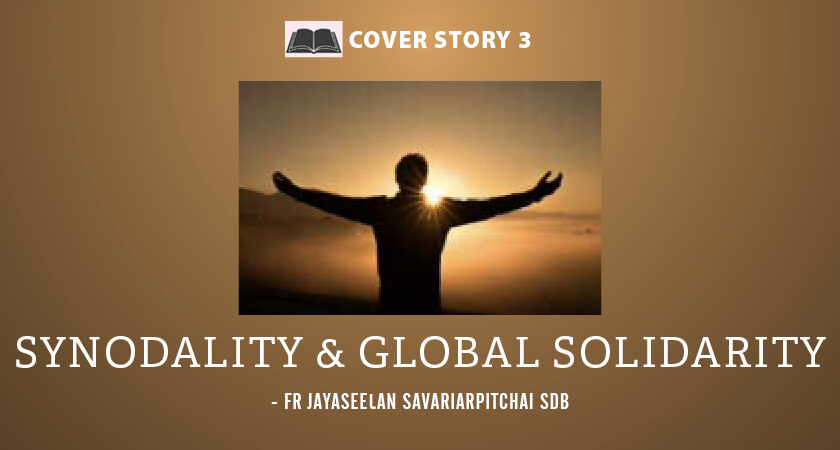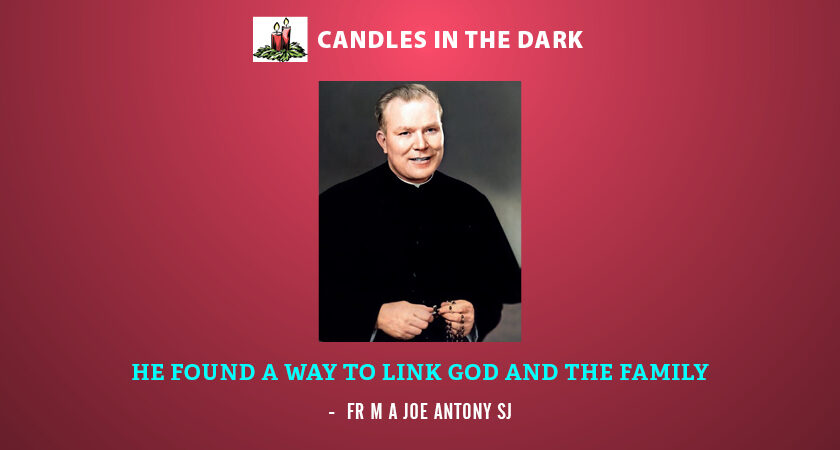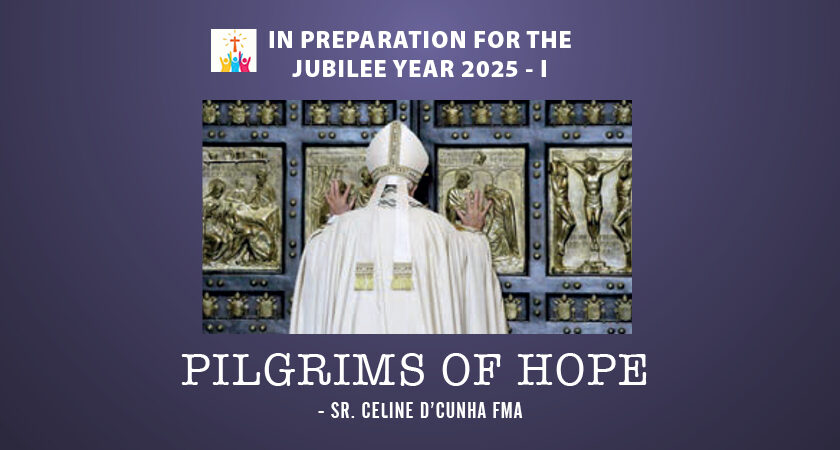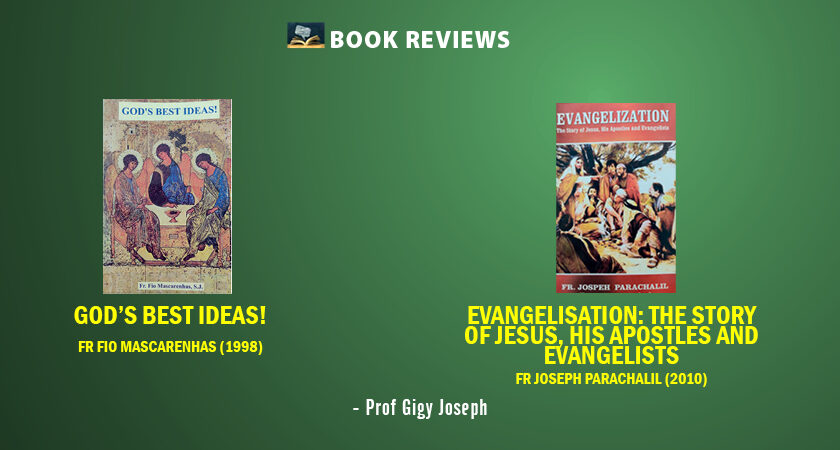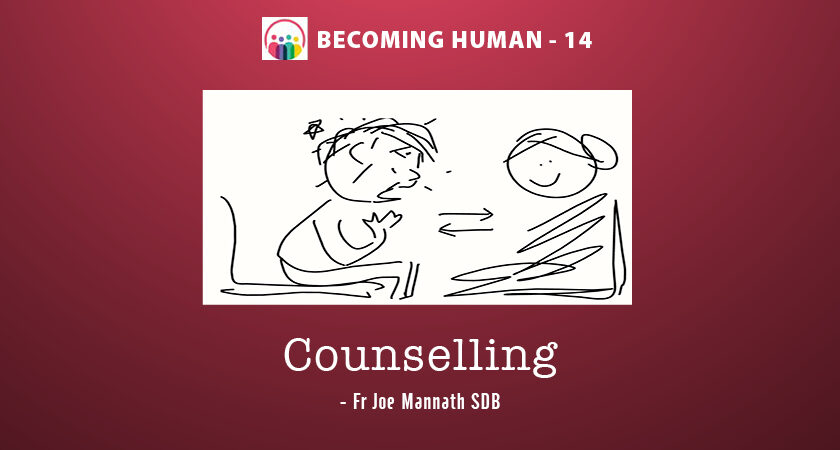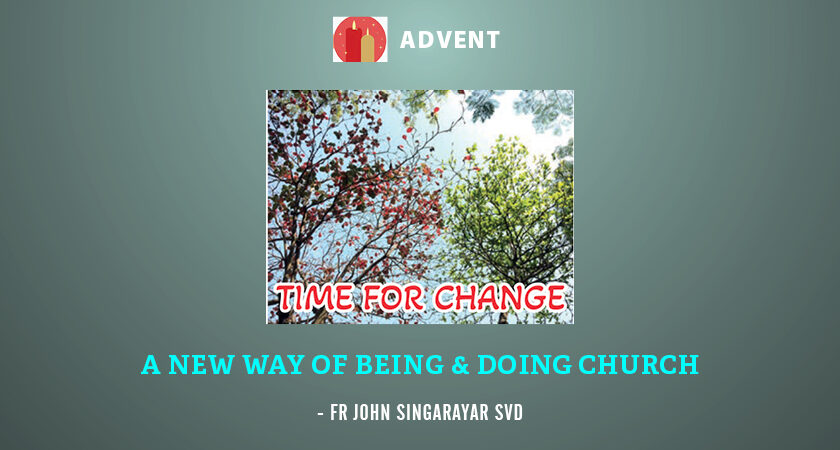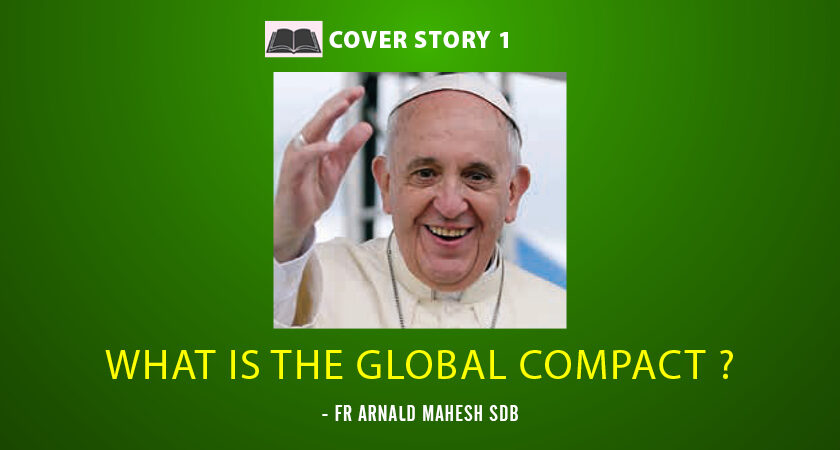Pope Francis at the opening address of the Synod in October 2021 said that ‘we must not forget God’s style, which is closeness, compassion and tender love.’ It was a time when the fear of death and dying masked in the form of Covid19 pandemic played havoc with life and hope. The pope then emphasized that he envisaged ‘a church that does not stand aloof from life, but immerses itself in today’s problems and needs, bandaging wounds and healing broken hearts with the balm of God.’ When wearing masks and maintaining distance and quarantine were becoming the new normal and covid was becoming synonymous with hopeless end, Synodality was ushered in to pave the way for an endless hope.
“Dear brothers and sisters” said Pope Francis during the Homily at the opening of the Synod, “Let us have a good journey together, may we be pilgrims in love with the Gospel and open to the surprises of the Holy Spirit. Let us not miss out the grace filled opportunities born of encounter, listening and discernment.” This was something the world was waiting to hear, a call to break free from the clutches and confinements of the culture of death and dying of our time and to journey forward on the road to life and living, warming one another’s heart to move together spreading the good news. So that with synodality being our way of life for the future all our tower of Babel confusions and divisions may give way to the one heart and mind with a spirit of unity and understanding of the Pentecost.
Fr. Babu Jose Pamplany OFM
To read the entire article, click Subscribe
